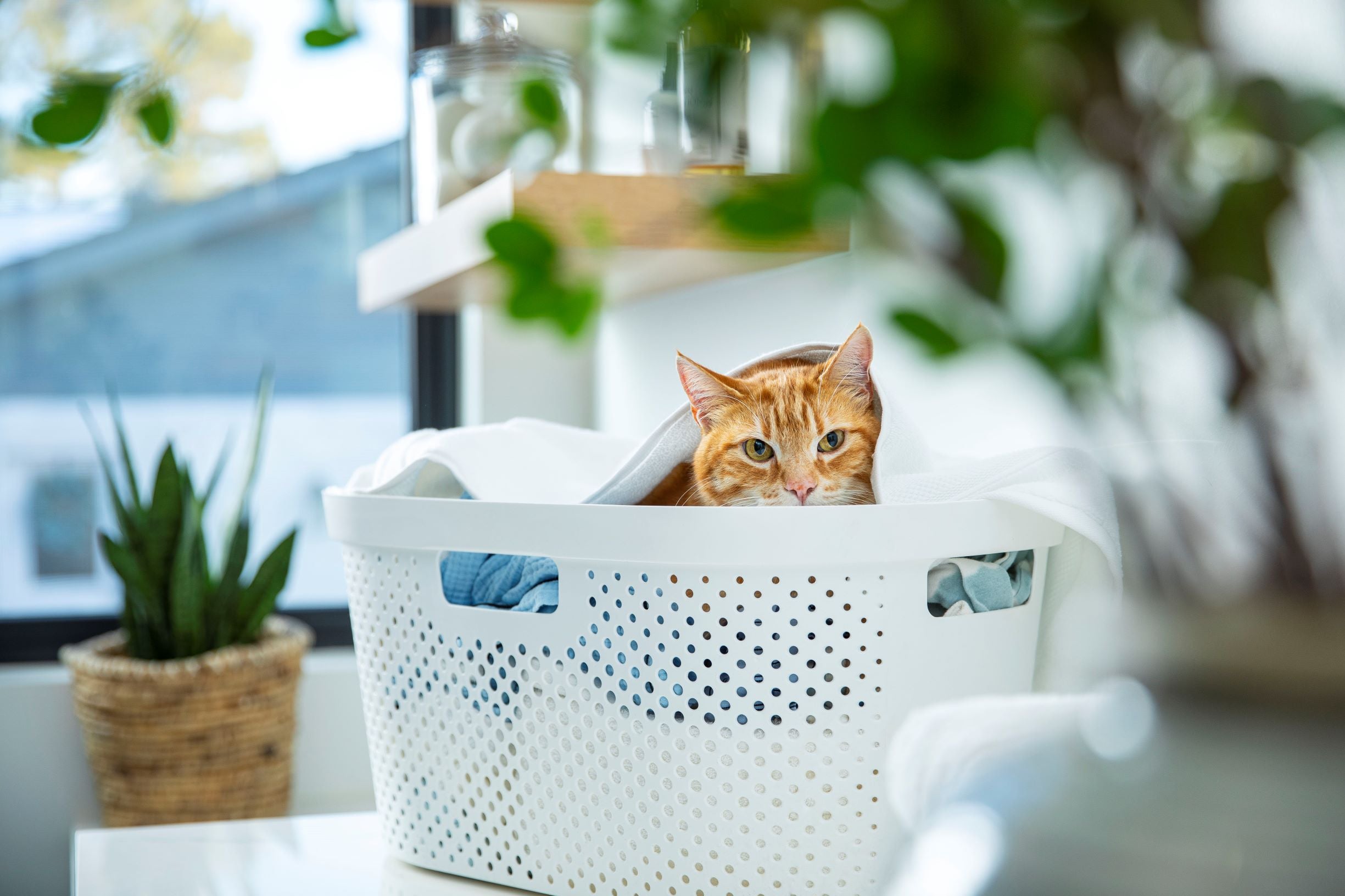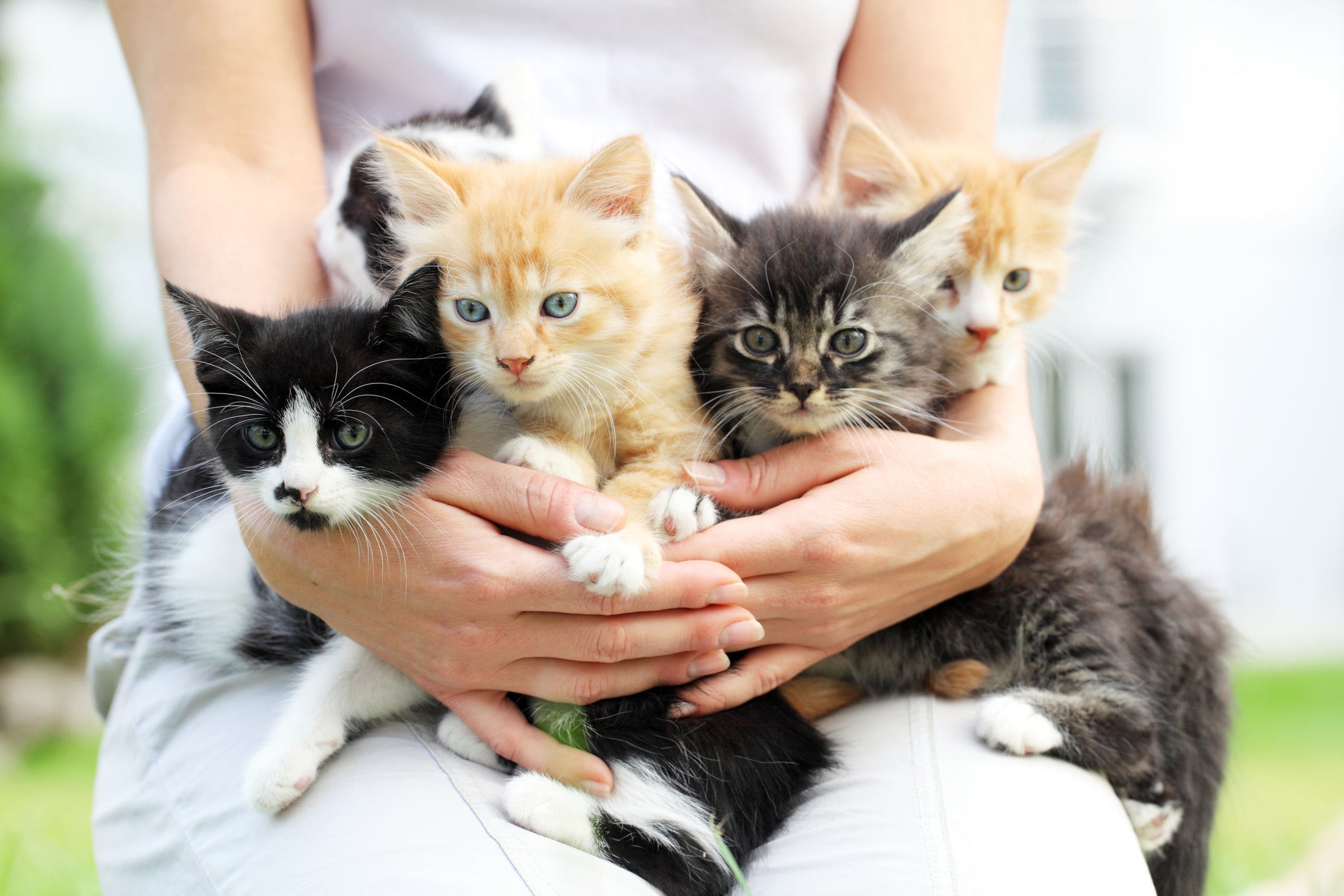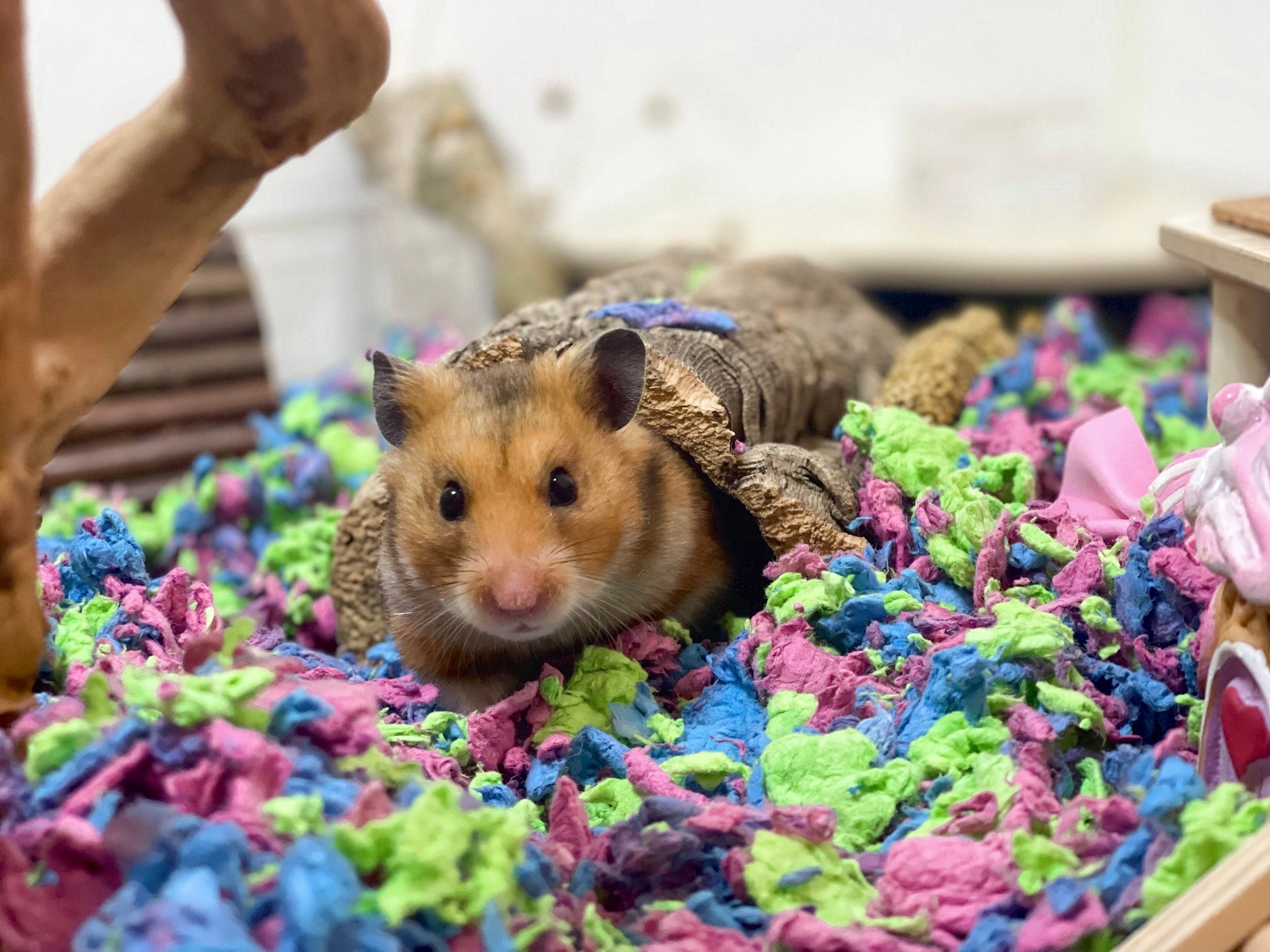
Top tips to keep your cat safe at home!
A cat’s insatiable curiosity is an incredibly endearing feline trait. While it is a sign of their intelligence, their inquisitive nature can also get them into trouble. After all, there is a reason for the saying “curiosity killed the cat.” So what can pet parents do to protect their feline friends? How can they cat-proof their home? To keep their cats safe, pet parents need to recognize and address these common household dangers.
Kitchen and Laundry Room

Cats have a knack for getting into things. Unfortunately, the kitchen or laundry room can be a hazardous place for curious kitties.
Keep appliance doors closed: If your cat gets into a grocery bag or purse, it’s cute. If your cat gets into the dishwasher, oven, washer, or dryer, it can be lethal. Animals have been hurt or even killed when someone turns on the appliance without realizing their pet is inside. Preventing these tragedies is simple: always keep lids and doors closed and check before turning on the appliance.
Don’t leave food unattended: Cats also have an amazing sense of smell and seem to know where to find tasty food. Keep foods that are toxic to cats, such as chocolate and alcohol, out of their reach. Also keep them away from poultry bones that can splinter and get lodged in their gastrointestinal tract. To avoid these problems, keep unattended food off tables and counters and dispose of leftovers in a covered garbage can to prevent garbage surfing.
Keep cleaners tucked away: Be sure to store detergents and household cleaners safely out of your feline’s reach.
Living Room

At first glance, the living room may seem like a safe haven. Unfortunately, first impressions can be deceiving.
Place breakables out of reach: Our carefully placed decorations can also draw the unwanted attention of our curious cats. Bright, shiny, and especially fragile objects seem to beckon our curious feline friends to play with them. If knocked over and shattered, glass and ceramic fragments are razor sharp and can cut unsuspecting paws.
Don’t leave lit candles unsupervised: Little paws can do more than break fragile decorations. Lit candles that are knocked over can burn your pet, or even worse, cause a household fire.
Know which plants are feline-friendly: Even decorative plants can be deadly. Before you bring any plants or flowers to your home, check to make sure they are not poisonous to your cat. Lilies, for example, are highly toxic to cats and consumption of any part of the plant can lead to kidney failure and death.
Keep electrical cords out of reach: They can electrocute your pet if chewed upon or strangle your pet if they get tangled in the cord.
Check under your recliners: Finally, before your sit down and relax in your recliner or rocking chair, always make sure your cat hasn’t curled up beneath it.
Bathroom

The bathroom ranks as the smallest room in a typical house, but what it lacks in square footage it makes up for in hazards.
Toss the floss: What’s good for your teeth may not be good for your cat. Flossing may be what the dentist ordered, but flossing can actually be dangerous to our cats. Cats are often drawn to linear objects like yarn and dental floss. Ingesting a linear object can cause an intestinal obstruction that can be fatal if not treated with emergent surgery. Floss to keep your teeth and gums healthy. Just remember to dispose of your floss in a covered garbage can.
Don’t leave the curler on: Lastly, be careful with hot hairdryers and curling irons that can burn an unsuspecting, curious cat’s nose.
Garage
The garage is usually the most dangerous place in your home for your cat. Garages are stockpiles of hazardous chemicals, pesticides and fertilizers.
Be wary of chemicals: Make sure all chemicals are safely put away. Some chemicals, like antifreeze, have an appealing sweet smell that can entice a curious pet for a taste. Unfortunately even a mere taste can be lethal.
Safely store your pesticides: Insecticides, rodenticides, and fertilizers can also be toxic. Pesticides are the most dangerous because they are often sweetened or scented to attract pests and cats can become their unintended victims.
You can never protect your pet from every possible hazard. However, you can take these measures to make your home safer for your pets and protect them from these common household dangers. Following these suggestions can help keep your cats safe and prevent unscheduled emergency visits to the veterinarian.
ökocat is not only dedicated to making the best cat litter, but also committed to helping cats live longer, healthier lives by educating pet parents about important cat health topics.









